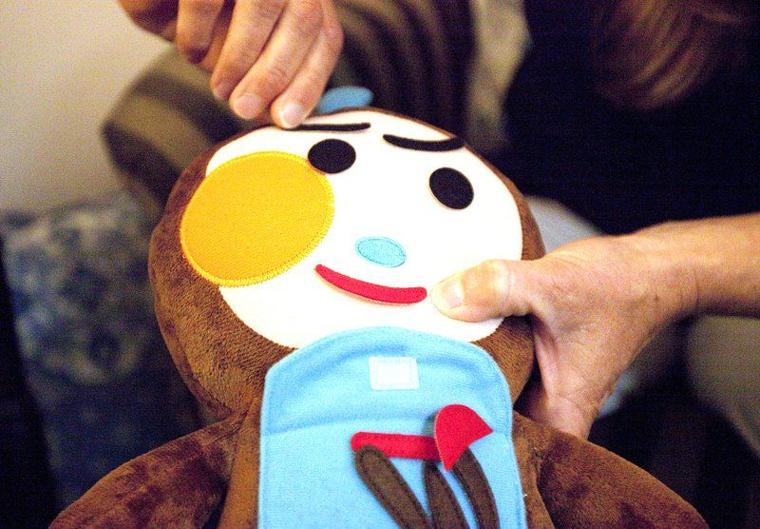
TRAVERSE CITY — Local pediatricians and counselors are hopeful a new partnership will give more children access to mental health care.
Kids Creek Children's Clinic pediatrician Stephanie Galdes said families often reach out to their child's primary care physician with behavioral health questions when what they really need is a therapist.
"What we would do before is give them a phone number or a list of counselors in the area, and a lot of times they just wouldn't follow up," Galdes said.
The child would end up back in her office with untreated behavioral issues, and the cycle would continue.
But a new partnership between Kids Creek and Child & Family Services of Northwestern Michigan is working to change that. Child & Family Services' behavioral health team set up shop in Kids Creek's Traverse City office in an effort to bridge the gap.
Read more about this new partnership:

Comments (3)